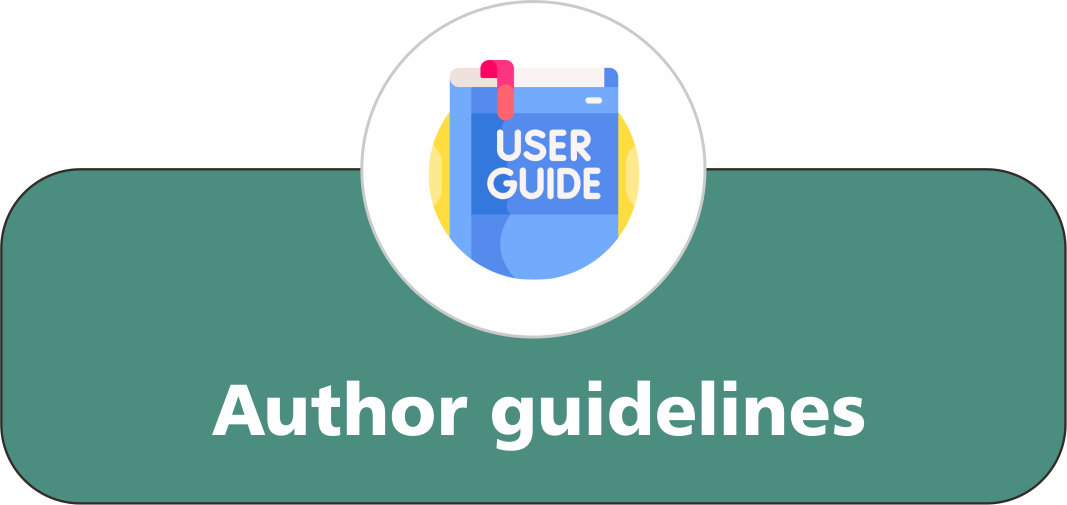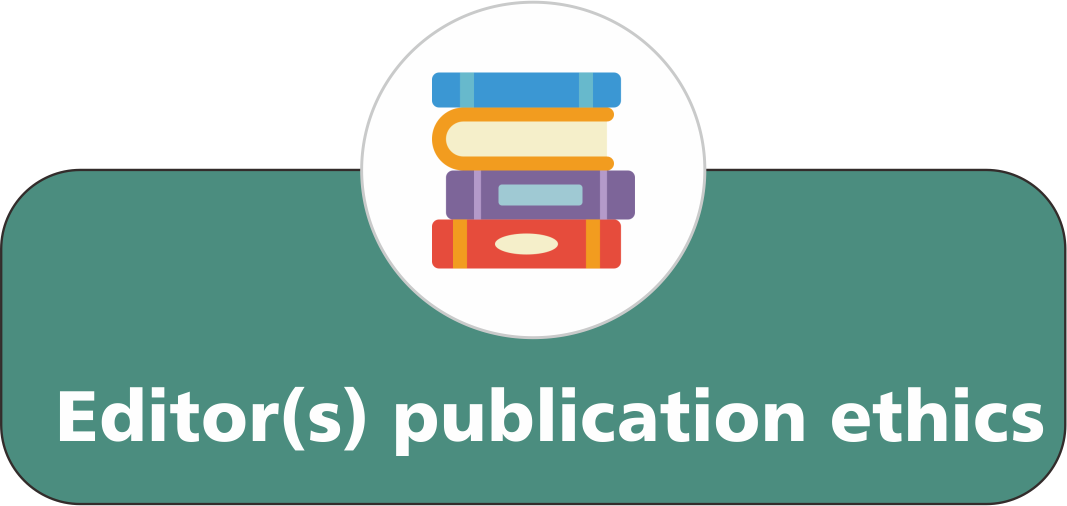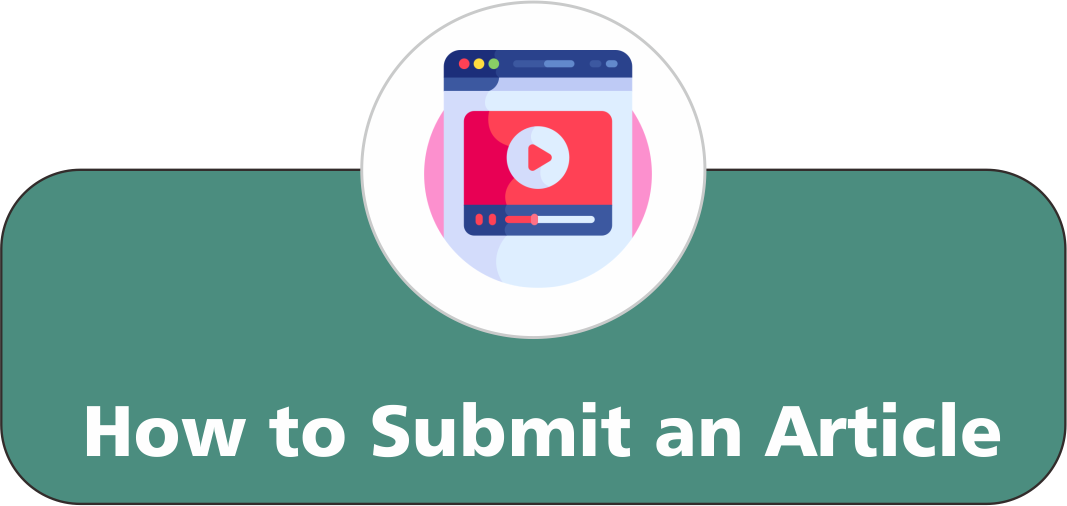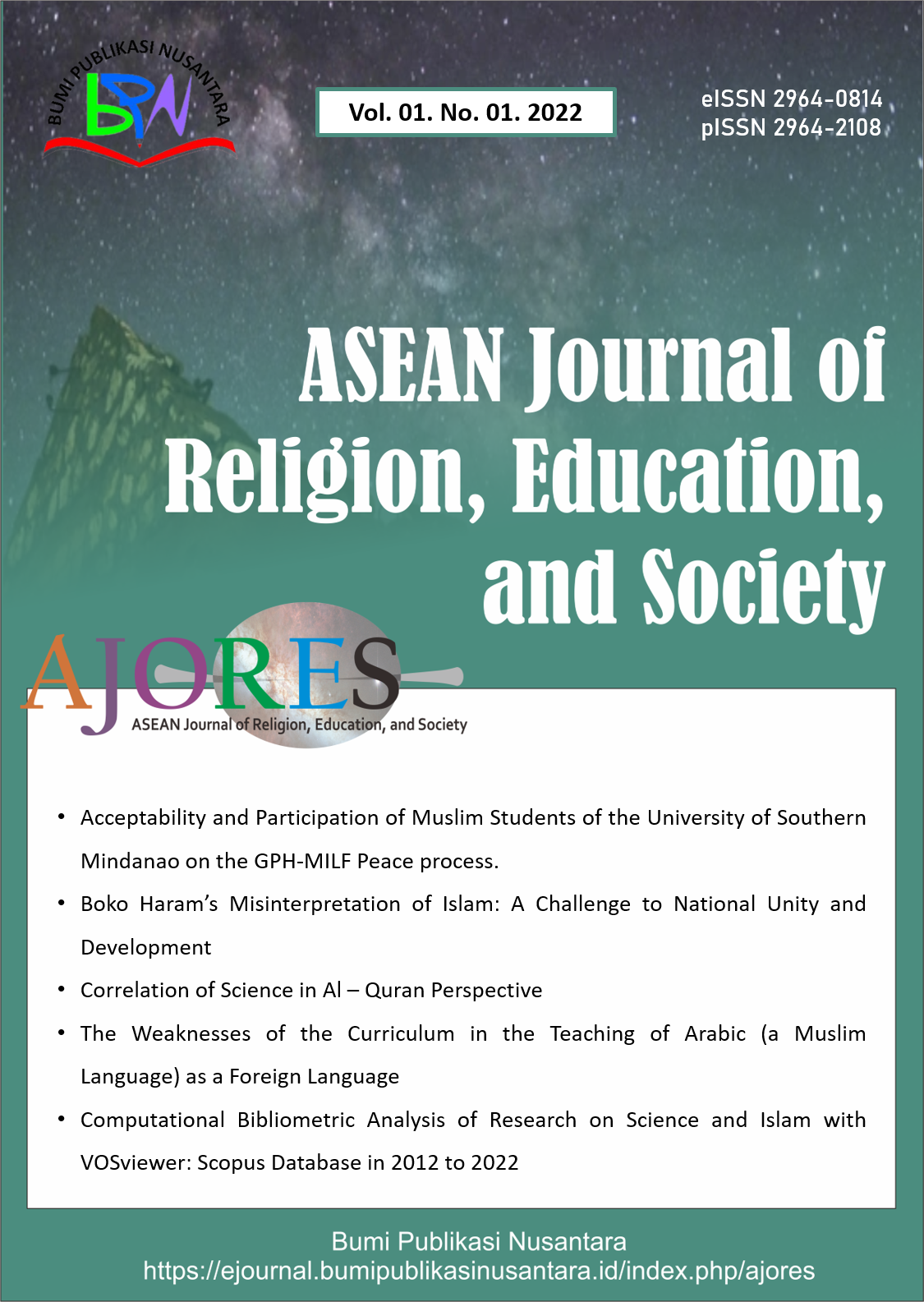Reconciling Faith and Identity: Homosexuality, Emotional Trauma, and Religious Interpretations in Islam, Christianity, Judaism, Hinduism, Buddhism, and The Perks of Being a Wallflower
 ),
),
(1) University of Bejaia
 Corresponding Author
Corresponding Author
Abstract
In recent decades, homosexuality has become a central topic in academic, social, and religious discourse. Many LGBTQ+ individuals experience emotional trauma because religious teachings (especially in Islam, Christianity, Judaism, Hinduism, and Buddhism) are traditionally interpreted in ways that view same-sex attraction as morally incompatible with a spiritual life. This paper explored the emotional impact of religious-based stigmatization on LGBTQ+ individuals, using Stephen Chbosky’s the Perks of Being a Wallflower as a case study. A qualitative literary analysis was employed because literature often reflects real-world tensions between faith and identity. The findings show that characters struggle with internalized guilt, repression, and psychological conflict because of religious and societal expectations. These experiences mirror emotional trauma found in real-life religious environments. This study is impactful because it encourages a more empathetic understanding of identity conflict and may inform inclusive educational, spiritual, and psychological approaches to LGBTQ+ mental well-being.
Keywords
References
Arista, T. N., Iswalono, S, and Anggraeni, N. (2016). The traumatic experiences as the hindrance of charlie’s personality development in Stephen Chbosky’s the perks of being a wallflower, a psychosocial analysis. Sastra Inggris-Quill, 5(1), 59-64.
Arli, D., Badejo, A., and Sutanto, N. (2019). Exploring the effect of intrinsic religiousness, extrinsic religiousness, and religious fundamentalism on people’s attitudes towards lesbians and gays in Indonesia. Journal of Religion Spirituality and Aging, 32(2), 118-134.
Banwari, G., Mistry, K., Soni, A., Parikh, N., and Gandhi, H. (2015). Medical students and interns’ knowledge about and attitude towards homosexuality. Journal of Postgraduate Medicine, 61(2), 95-100.
Bass, B. M., and Steidlmeier, P. (1999). Ethics, character, and authentic transformational leadership behavior. The leadership quarterly, 10(2), 181-217.
Bauermeister, J., Morales, M., Seda, G., and Gonzalez‐Rivera, M. (2007). Sexual prejudice among Puerto Rican young adults. Journal of Homosexuality, 53(4), 135-161.
Ben Yair, Y., Ohayon, S., Ronel, N., and Freedman, S. (2024). Exploring forgiveness through theologically informed education: Lessons from Judaism. Education Sciences, 14(9), 926.
Chase, A. T. (2016). Human rights contestations: sexual orientation and gender identity. The International Journal of Human Rights, 20(6), 703-723.
Coleman, E. (1982). Developmental stages of the coming-out process. American Behavioral Scientist, 25 (4), 469-482.
Devina, A. S., and Mustofa, A. (2019). Charlie’s fear of abandonment in Stephen Chbosky’s the perks of being a wallflower. Litera Kultura: Journal of Literacy and Cultural Studies, 7(1), 1-8.
Dong, C. (2023). Perceptions of people with non-traditional gender orientation in a religious context. Open Journal of Social Sciences, 11(09), 171-181.
Goodman, M. (2024). Associations between religion and suicidality for lgbtq individuals: a systematic review. Archive for the Psychology of Religion, 46(2), 157-179.
Gooptu, N. (2016). New spirituality, politics of self-empowerment, citizenship, and democracy in contemporary India. Modern Asian Studies, 50(3), 934-974.
Hamdi, N., Lachheb, M., and Anderson, E. (2017). Muslim gay men: Identity conflict and politics in a Muslim majority nation. British Journal of Sociology, 69(4), 1293-1312.
Kamilia, F. (2021). Charlie’s depression in the Perks of being a wallflower. Litera Kultura: Journal of Literary and Cultural Studies, 9(3), 13-19.
Lockard, A. M. (2008). Homosexuality: Legally permissible or spiritually misguided?. Conspectus: The Journal of the South African Theological Seminary, 5(03), 135-167.
Malcomnson, K., Christopher, A., Franzen, T., and Keyes, B. (2006). The protestant work ethic, religious beliefs, and homonegative attitudes. Mental Health Religion and Culture, 9(5), 435-447.
Olson, L., Cadge, W., and Harrison, J. (2006). Religion and public opinion about same‐sex marriage. Social Science Quarterly, 87(2), 340-360.
Röder, A., and Spierings, N. (2022). What shapes attitudes toward homosexuality among European Muslims? The role of religiosity and destination hostility. International Migration Review, 56(2), 533-561.
Sherma, A. B. (2023). Navigating the three edges of “catharsis,” “self-proclaimed pariah,” and “psychic resilience,” in Erika L. Sanchez’s crying in the bathroom. International Journal of Arts and Social Science, 6(11), 174-183.
Sherma, A. B., Lamsal, A., and Pokharel, D. P. (2024). Becoming an ecological citizen: The concept of an ecological citizen in the movie Avatar. International Journal of TESOL and Education, 4(2), 62-77.
Siraj, A. (2009). The construction of the homosexual ‘other’ by British Muslim heterosexuals. Contemporary Islam, 3(1), 41-57.
Tremblay, L., Van Gordon, W., and Elander, J. (2024). Toward greater clarity in defining and understanding nonattachment. Mindfulness, 15(6), 1275-1288.
Willis, J. (2003). Heteronormativity and the deflection of male same-sex attraction among the Pitjantjatjara people of Australia's Western Desert. Culture, Health and Sexuality, 5(2), 137-151.
Woldemichael, M. T., Broesterhuizen, M., and Liègeois, A. (2013). Christian pastoral care and psychotherapy: A need for theoretical clarity. Journal of Pastoral Care and Counseling, 67(4), 1-13.
Yiangou, N. (2019). Transpersonal dimensions in Islamic spirituality. International Journal of Transpersonal Studies, 38(2), 5.
Article Metrics
Abstract View : 654 times
: 654 times Download : 512 times
Download : 512 times
Refbacks
- There are currently no refbacks.
Copyright (c) 2025 Bumi Publikasi Nusantara

This work is licensed under a Creative Commons Attribution-ShareAlike 4.0 International License.







